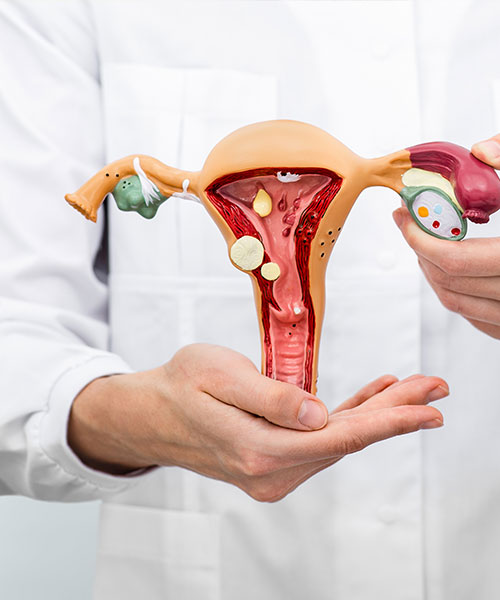The physicians of Plano Women’s Healthcare are pleased to welcome Dr. Lucy Li to their practice. Dr. Li will be joining Plano Women’s Healthcare on October 01, 2023. As a Frisco native, Dr. Li looks forward to giving back to her community and providing top-tier healthcare services to the women of Collin County. Dr. Li attended Austin College for her undergraduate degree and then went on to attend medical school at Texas Tech University- Foster School of Medicine.
She received her post-graduate training at Baylor College of Medicine in Houston, Texas. Dr. Li is skilled in minimally invasive surgery, high-risk obstetrics, and hormone optimization. Dr. Li is also fluent in Mandarin. The addition of Dr. Li will help grow and extend the exceptional medical care Plano Women’s Healthcare’s OB/GYN physicians are known for. With over 34 years of business, Plano Women’s Healthcare has become a fixture in the community and its medical providers are known for their expertise and compassion in the specialties of Obstetrics & Gynecology.
Outside the clinic, she loves gardening, exploring national parks, traveling, being a foodie, and cherishes time with family and friends.





